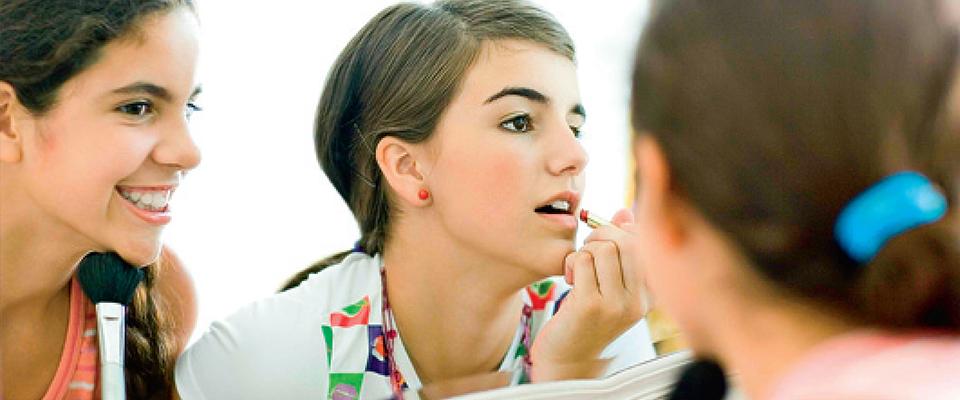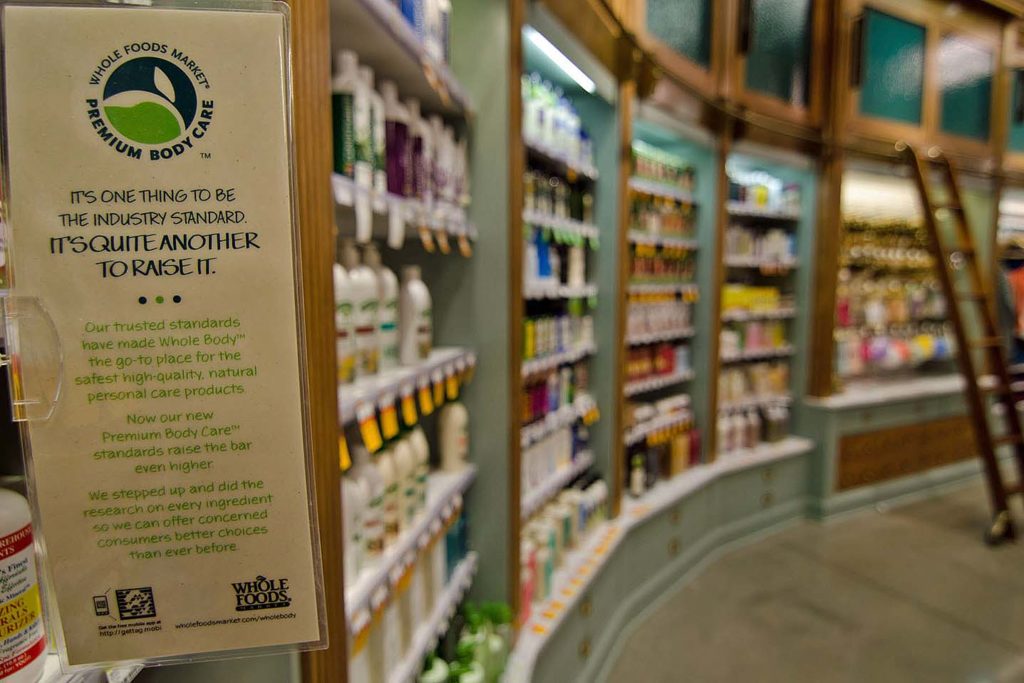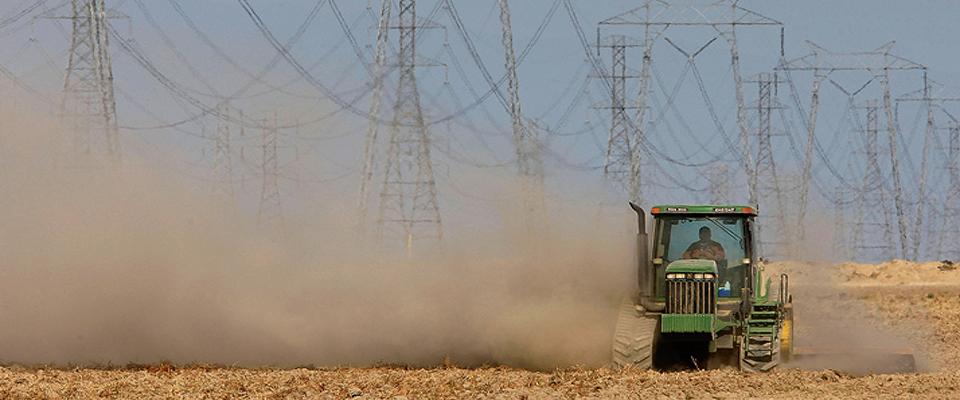Spikes in sex hormones drive teenage development and desire. They fire up the physiology of reproduction and push teens toward adulthood. These dramatic physical changes can make for emotionally—and biologically—vulnerable times.
Research shows that a class of chemicals found in many household and personal care products mimic or block the normal effects of hormones such as estrogen—a key player in breast cancer. These “endocrine disruptors” may pose a particular threat to teenagers during the years when their hormone levels are on the rise.
According to Kim Harley, a professor at UC Berkeley’s School of Public Health, women, including adolescent girls, have higher levels of these chemicals in their bodies than men because they are the primary consumers of personal care products. Levels are often higher among minority women and teens.
Harley is an associate director at Cal’s Center for Environmental Research and Children’s Health. With funds from UC’s California Breast Cancer Research Program, she and colleagues at a Salinas-based network of clinics have launched HERMOSA, a project to advance endocrine disrupter research while teaching 12 Latino high school students the skills needed to carry out public health studies.
Last year, the students were trained to design and perform research to determine what cosmetics, shampoos, and other personal care products their peers use. They also studied what levels of endocrine disrupters their peers are exposed to in these products. The teens also ran a “beauty bar” that gave girls a chance to try products without endocrine disrupters.
This year, lab studies by chemists at the California Department of Public Health will reveal how switching to alternative personal care products affects levels of endocrine disrupters in the 100 girls who participated in the study.
The student scientists live in the fairly low-income, agricultural area of Salinas and for most of them, this is their first hands-on research.
“The kids rose to the challenge,” observed project co-director Kimberly Parra at the Clinica de Salud del Valle de Salinas, which provides health care to low-income and agricultural communities in Monterey County. “I feel good about this generation—getting them to think how they can solve public health problems in their own communities.”





















